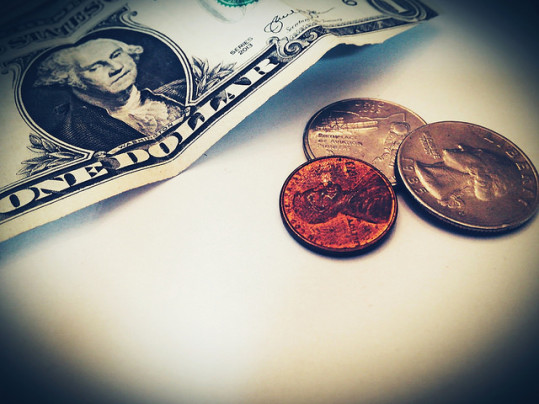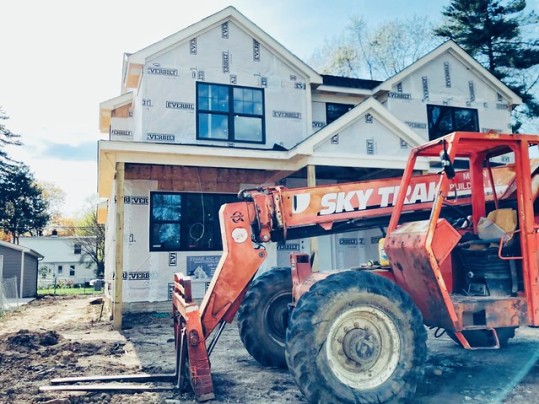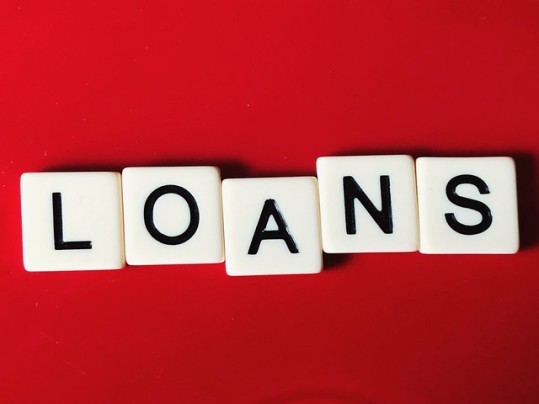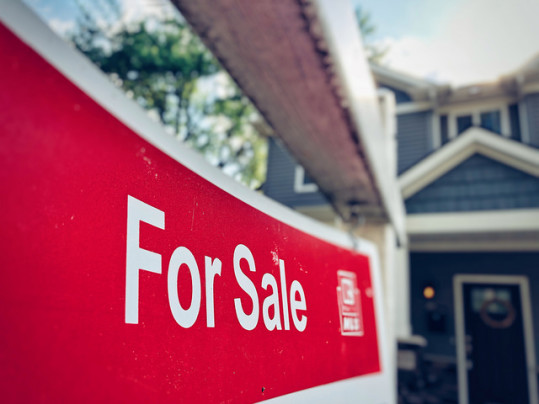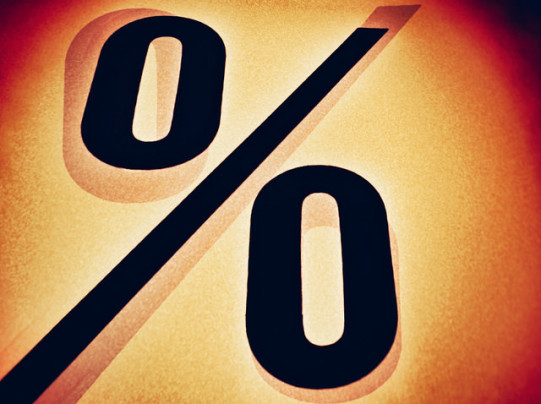If you’re a homeowner getting ready to sell, you’re likely thinking about how to get the best price for your house. Naturally, getting a good offer is going to be top priority. The other big issue is timing. Homeowners who are using the sale of their home to fund the down payment on their next place have to time it right. But could the timing of your move affect the price your home gets? Well, according to new research that compared the sale price of occupied versus vacant homes, it might. In fact, the research showed that homes whose owners had already moved out sold for $11,000 less and spent six more days on the market than comparable homes that were still occupied. Why would this be? Well, one reason is that buyers looking at an empty house assume its owners aren’t as eager to sell, since they’ve already moved on. Another reason is furnishings can sometimes help a home show better. However, there are a lot of factors to consider. For example, a home with less attractive décor can sometimes drag its price down just as much as being vacant. More here.
Archive for May 2019
Homeowners With Equity Influence Renters To Buy
It’s hard not to be influenced by your family and friends. After all, their opinions hold more weight because you trust them. When someone you love recommends something, you’re probably more likely to consider it than had you heard it from another source. It doesn’t matter if it’s a restaurant, a new movie, or a vacation destination, if a friend tells you it’s good, you’ll likely believe them. This is also true when deciding to buy a house. At a panel convened by the National Association of Realtors, Dr. Johannes Stroebel – an associate professor of finance at New York University – talked about why that is. According to Stroebel, a recent paper looked at how the positive experiences of people close to us can influence our decision to buy. The research showed that having a Facebook friend who experienced a 5 percent increase in their home’s value over the past two years increased the probability that a current renter would purchase a home over the next two years. “Individuals do discuss property value with their friends, and this changes behavior,” Stroebel said. In short, if you have a friend who’s seen their home’s value rise, you’re more likely to believe buying a house is a good investment. More here.
Builders Say Conditions Are Good For Buyers
The number of new homes being built can be a good gauge of the housing market’s health. After all, home builders wouldn’t be building homes unless they felt confident that those homes would sell. And buyers wouldn’t be interested in buying a new home unless the housing market and economy were doing well. For this reason, the National Association of Home Builders’ Housing Market Index is an important indicator. Released monthly, the survey measures builders’ confidence in the new home market on a scale where any number above 50 indicates more builders view conditions as good than poor. In May, the index was up, rising three points to 66. Among its components, those measuring current sales conditions and expectations for the next six months were both at 72. Robert Dietz, NAHB’s chief economist, says conditions are improving for home buyers, with lower mortgage rates and a strong economy leading the way. “This lower-interest rate environment, along with ongoing job growth and rising wages, is contributing to a gradual improvement in the marketplace,” Dietz said. More here.
Mortgage Rates Fall For 3rd Consecutive Week
According to the Mortgage Bankers Association’s Weekly Applications Survey, average mortgage rates fell again last week. In fact, rates were down for 30-year fixed-rate loans with both conforming and jumbo balances, loans backed by the Federal Housing Administration, and 15-year fixed-rate mortgages. It was the third consecutive decline. It also comes at a good time for home buyers. Joel Kan, MBA’s associate vice president of economic and industry forecasting, says demand for loans to buy homes is now nearly 7 percent higher than at the same time last year. “Purchase applications declined slightly last week but still remained almost 7 percent higher than a year ago,” Kan said. “Despite the third straight decline in mortgage rates, refinance applications decreased for the fifth time in six weeks, albeit by less than 1 percent.” Falling rates have largely been due to global economic concerns. Whether or not it spurs more home buyers to enter the market will determine how busy the spring and summer season will be for home sales. More here.
Recent Buyers Reveal Biggest Wish List Regrets
There’s a reason they’re called wish lists. After all, home buyers can’t expect to get every single thing they want in a house unless they have one custom built. Which is to say, you’re, undoubtedly, going have to make some sacrifices and some of your wishes are going to go unfulfilled. For that reason, a recent survey took a look at what new homeowners say are the things they most wish their home had. According to the results, a walk-in pantry was the most common response. Around a third of respondents said it was the thing their home didn’t have that they regretted most. Other popular answers included granite countertops, kitchen islands, tankless water heaters, and hardwood floors. But though that might make it sound like recent buyers are dissatisfied with their new homes, the survey found that 95 percent of participants said they like or love the house they purchased. Which should be encouraging to prospective home buyers who worry that they’ll get it wrong and end up in a house they dislike. More here.
Number Of Starter Homes For Sale Is Rising
Recently, there has been a growing number of young Americans interested in buying homes. But though there’s been increasing demand, the number of affordable homes available to these buyers has lagged behind in many markets. In short, there are more potential first-time buyers than entry-level homes available for sale. This is a problem for the housing market, since it means many buyers get priced out or simply can’t find a home to buy. Fortunately, inventory is beginning to rebound. And, according to one recent report, the number of starter homes available for sale rose 3.5 percent over the last year. That’s the fastest pace in more than 6 years. It’s also good news for younger home buyers and the market overall. But though the news is good, the data also suggests inventory is growing fastest in more expensive markets. That means, some of the inventory growth is due to homes remaining on the market longer due to higher prices. More here.
Moderating Mortgage Rates May Spur Buyer Interest
Calculating your readiness to buy a house involves a lot of different factors. Among them, though, financial considerations and affordability are usually near the top of the list. Things like home prices, your income, job security, and mortgage rates will be a big determiner of whether or not you feel like now’s the time to buy. Fortunately, prospective home buyers currently calculating their readiness will find that, in most cases, conditions are improving. For example, Freddie Mac’s most recent Primary Mortgage Market Survey shows that mortgage rates have moderated after rising in April. Sam Khater, Freddie Mac’s chief economist, says combined with a strong job market and modest wage growth, this is good news for potential home buyers. “Investors wary of the current economic situation due to ongoing trade disputes resorted to the bond market, causing the 10-year treasury yield to decrease,” Khater said. “A combination of low mortgage rates, a strong job market, and modest wage growth should spur home buyer interest and also serve as an incentive for homeowners looking to refinance this spring.” More here.

